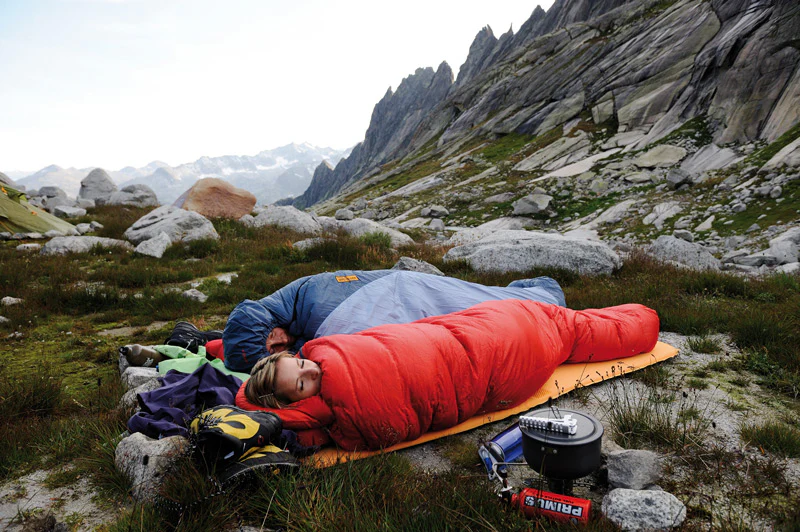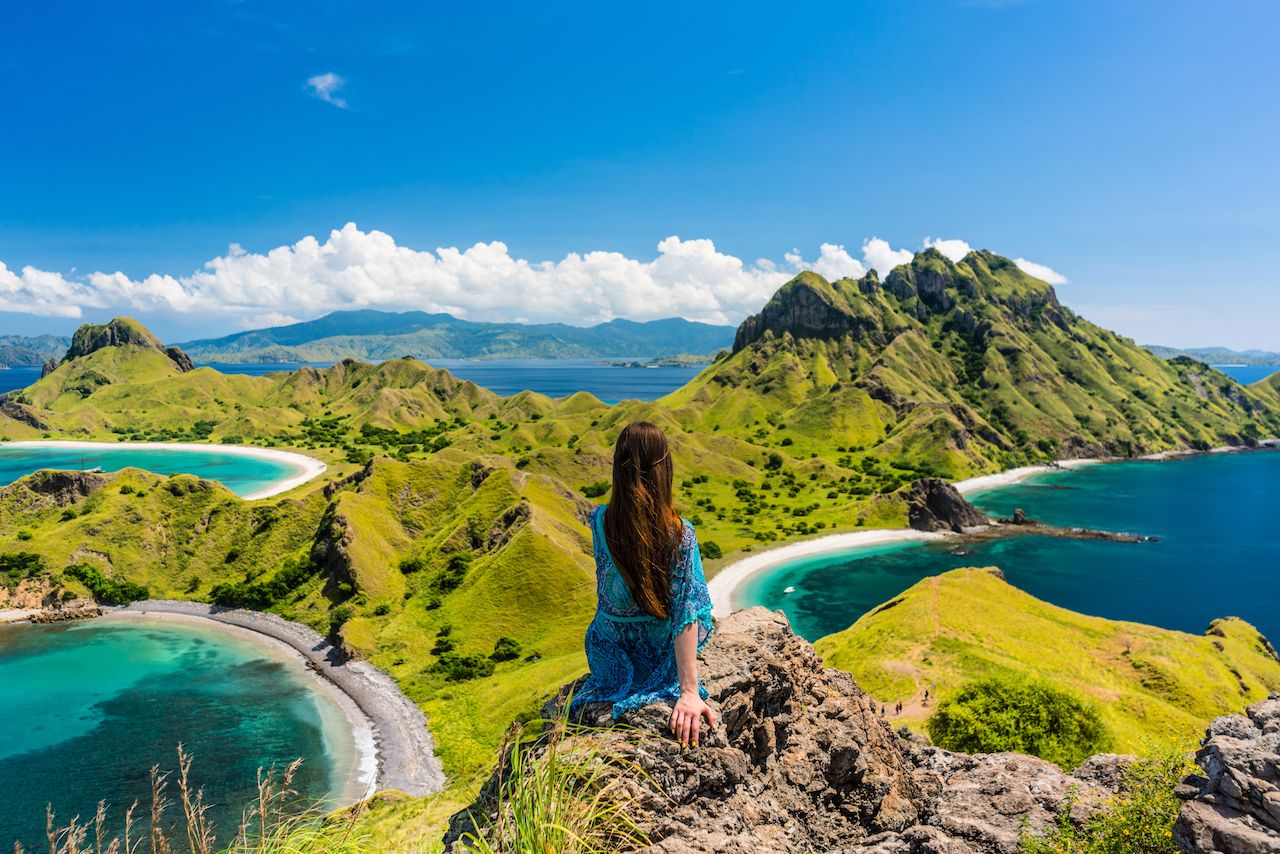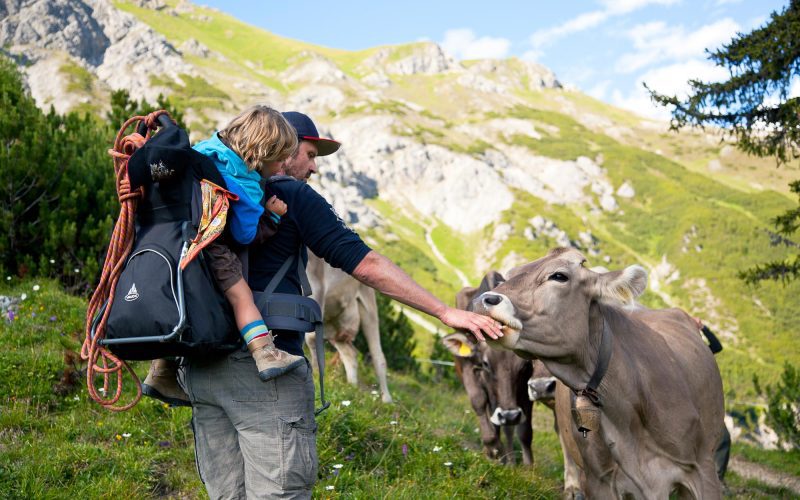In recent years, an intriguing trend has emerged in the travel industry: sleep tourism. This phenomenon is characterized by travelers seeking destinations and experiences specifically designed to improve the quality of their sleep. As the demands of modern life continue to escalate, more people are recognizing the importance of restorative sleep for overall health and well-being. This article delves into the factors contributing to the rise of sleep tourism, examines its various manifestations, and explores its potential implications for the travel and hospitality sectors.
Growing Importance of Sleep
The modern world is facing a sleep crisis. According to the Centers for Disease Control and Prevention (CDC), one in three adults in the United States does not get enough sleep on a regular basis. The World Health Organization (WHO) has also highlighted insufficient sleep as a global health epidemic. Factors such as increased screen time, high-stress levels, and irregular work schedules contribute to widespread sleep deprivation.

Health Implications
The consequences of inadequate sleep are far-reaching. Chronic sleep deprivation is linked to a host of health problems, including obesity, cardiovascular disease, diabetes, and mental health disorders such as anxiety and depression. Furthermore, poor sleep quality can impair cognitive function, reduce productivity, and diminish overall quality of life.
The Search for Solutions
As awareness of the importance of sleep grows, so does the search for effective solutions. Individuals are increasingly turning to various methods to improve their sleep, ranging from technology-driven sleep aids to lifestyle changes. Sleep tourism has emerged as a novel approach, offering travelers the opportunity to escape their daily routines and environments in pursuit of better sleep.
Definition and Concept
Sleep tourism, also known as sleepcations or sleep retreats, refers to travel experiences specifically designed to promote and enhance sleep quality. Unlike traditional vacations, which often prioritize sightseeing, adventure, or relaxation, sleep tourism focuses primarily on creating optimal conditions for restorative sleep. This can include curated environments, specialized programs, and expert guidance.
Historical Context
While the term “sleep tourism” may be relatively new, the concept of seeking rest and rejuvenation through travel is not. Historical examples include wellness retreats, spa vacations, and pilgrimages to natural springs and healing sanctuaries. However, the modern iteration of sleep tourism is distinct in its explicit focus on sleep science and its integration of contemporary wellness practices.
Popularity of Sleep Tourism
The growing body of research on the importance of sleep has led to heightened public awareness. Media coverage, health campaigns, and endorsements by medical professionals have all contributed to the recognition of sleep as a critical component of overall health. As a result, more people are willing to invest time and resources into improving their sleep.
Wellness Industry Boom
The wellness industry has experienced significant growth over the past decade, with consumers increasingly prioritizing health and well-being in their lifestyles. Sleep tourism aligns with this trend by offering a specialized form of wellness travel. The industry has capitalized on this demand by developing sleep-centric experiences and accommodations.
Technological Advancements
Advancements in technology have also played a role in the rise of sleep tourism. Wearable devices, sleep trackers, and apps provide individuals with detailed insights into their sleep patterns and quality. This data-driven approach enables travelers to identify their sleep needs and seek tailored solutions through sleep tourism.
Stress and Burnout
The pressures of modern life, including demanding work schedules, constant connectivity, and information overload, have contributed to increased stress and burnout. Sleep tourism offers a respite from these stressors, providing a controlled environment where individuals can focus on relaxation and sleep recovery.
Types of Sleep Tourism Experiences
Sleep-focused retreats are immersive experiences designed to promote optimal sleep. These retreats often take place in serene, natural settings and offer a combination of expert-led workshops, relaxation techniques, and personalized sleep programs. Activities may include guided meditation, yoga, and sleep education sessions.
Luxury Sleep Hotels
Luxury sleep hotels are accommodations specifically designed to enhance sleep quality. These hotels often feature soundproof rooms, blackout curtains, and high-quality bedding. Some even offer sleep-enhancing amenities such as aromatherapy, sleep-inducing teas, and white noise machines. Additionally, guests may have access to sleep consultants and wellness services.
Sleep Clinics and Spas
Sleep clinics and spas provide a clinical approach to sleep improvement. These facilities offer diagnostic services, such as polysomnography (sleep studies), to identify sleep disorders. Treatment options may include cognitive-behavioral therapy for insomnia (CBT-I), light therapy, and relaxation treatments. Some sleep spas also offer therapeutic massages and hydrotherapy to promote relaxation.
Adventure Sleep Experiences
For those seeking a more adventurous approach to sleep tourism, there are unique experiences that combine travel with sleep enhancement. Examples include sleeping under the stars in a remote location, staying in treehouse accommodations, or participating in sleep-focused camping trips. These experiences emphasize the restorative power of nature and disconnection from technology.
Role of Technology in Sleep Tourism
Wearable sleep tracking devices, such as smartwatches and fitness bands, have become popular tools for monitoring sleep patterns. These devices provide data on sleep duration, stages, and quality, allowing travelers to make informed decisions about their sleep needs. Some sleep tourism providers integrate this technology into their programs to offer personalized recommendations.
Sleep Apps
Sleep apps offer a range of features designed to improve sleep, including guided meditations, white noise generators, and sleep analysis. These apps can be used in conjunction with sleep tourism experiences to enhance relaxation and track progress. Some apps also offer virtual sleep coaching and personalized sleep plans.
Smart Sleep Environments
Advancements in smart home technology have led to the development of smart sleep environments. These environments use interconnected devices to create optimal sleep conditions. Examples include smart mattresses that adjust firmness and temperature, smart lighting that mimics natural light patterns, and smart speakers that play soothing sounds. Sleep tourism accommodations may incorporate these technologies to enhance the sleep experience.
Future of Sleep Tourism
The sleep tourism market is poised for significant growth as awareness of sleep health continues to rise. The wellness travel sector, of which sleep tourism is a part, is projected to reach $919 billion by 2022, according to the Global Wellness Institute. As more travelers prioritize sleep, the demand for sleep-centric experiences and accommodations is likely to increase.

Integration with Health and Wellness
Sleep tourism is expected to become more integrated with broader health and wellness initiatives. This may include partnerships with healthcare providers, wellness brands, and technology companies. Collaborative efforts could lead to the development of comprehensive sleep programs that address both short-term sleep improvement and long-term sleep health.
Innovations in Sleep Science
Ongoing research in sleep science will continue to inform and shape the sleep tourism industry. Innovations in sleep diagnostics, treatment modalities, and sleep-enhancing technologies will provide new opportunities for enhancing the sleep tourism experience. As our understanding of sleep evolves, so too will the approaches and offerings within this niche market.
Challenges and Considerations
While sleep tourism holds promise, it also faces challenges. Ensuring the authenticity and effectiveness of sleep-focused experiences is crucial for maintaining consumer trust. Additionally, accessibility and affordability may be barriers for some travelers. Addressing these challenges will be important for the sustainable growth of the sleep tourism industry.
Conclusion
Exploring the popularity of sleep tourism reveals a fascinating intersection of travel, wellness, and sleep science. As individuals increasingly recognize the importance of restorative sleep, the demand for sleep-centric experiences is set to rise. Sleep tourism offers a unique solution for those seeking to improve their sleep quality, providing tailored environments and expert guidance. As the industry continues to evolve, it holds the potential to make a significant impact on both individual well-being and the broader travel landscape.












